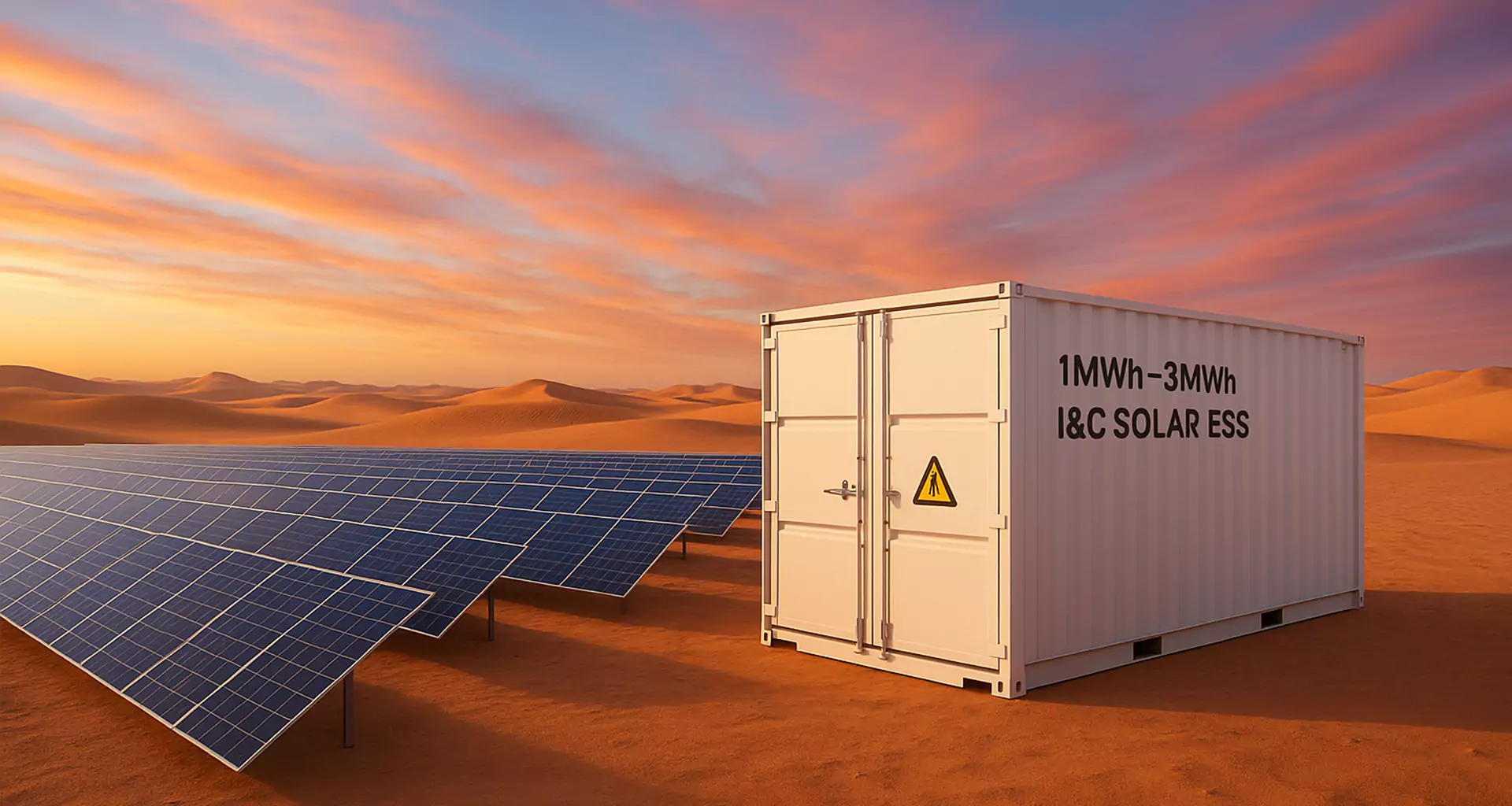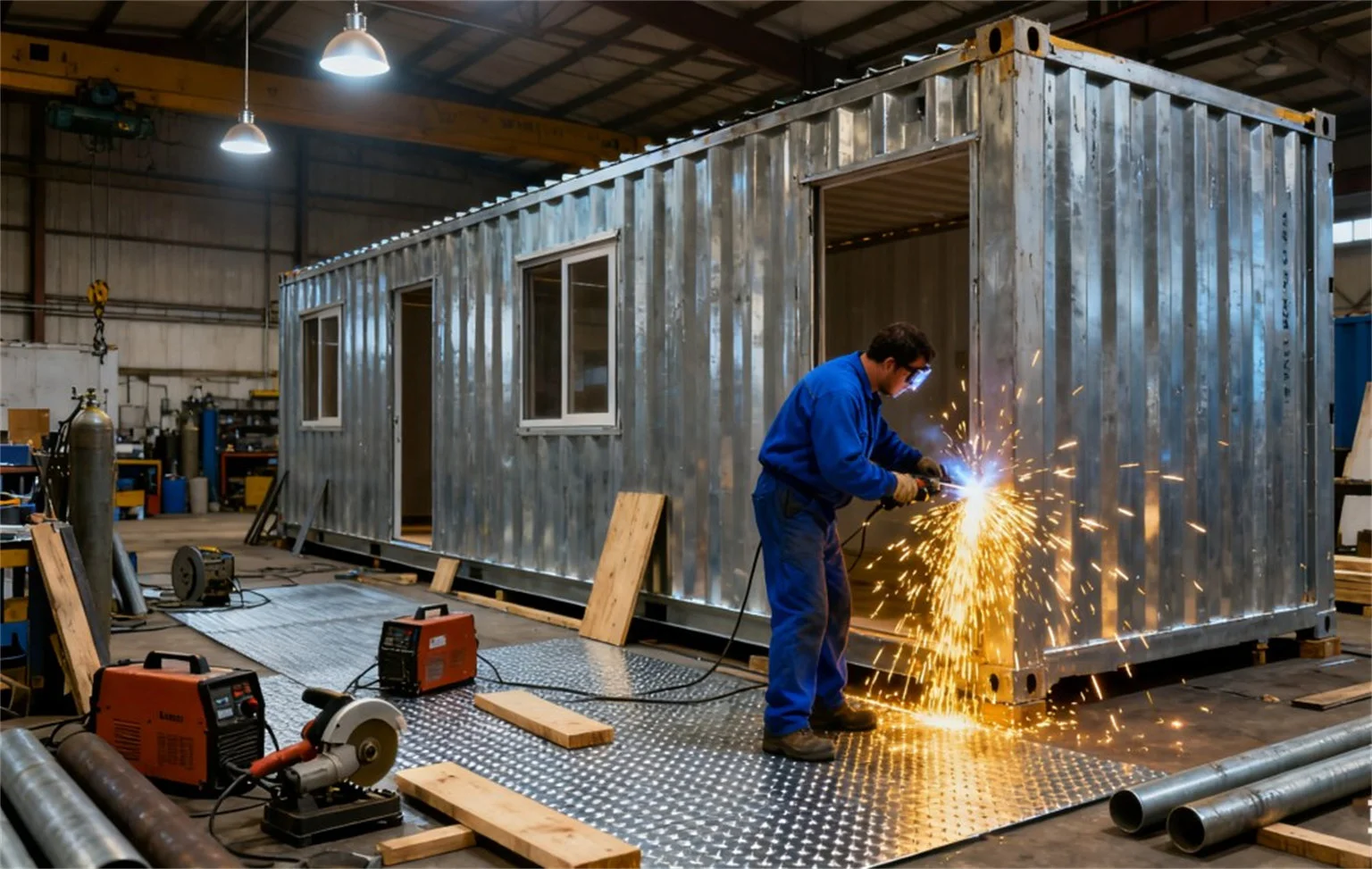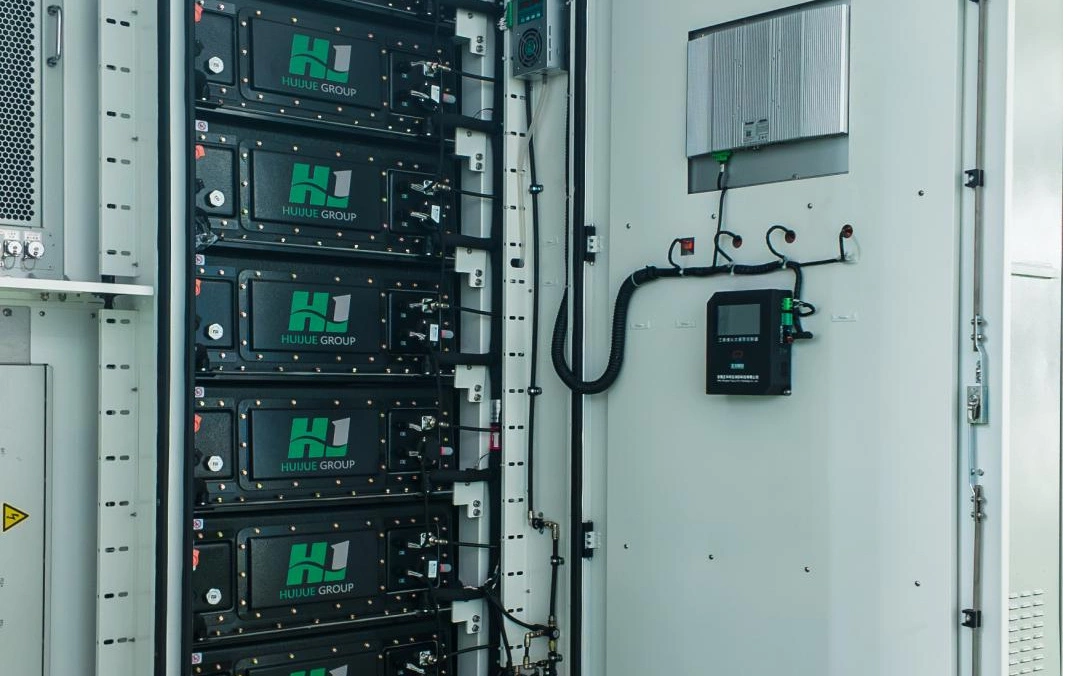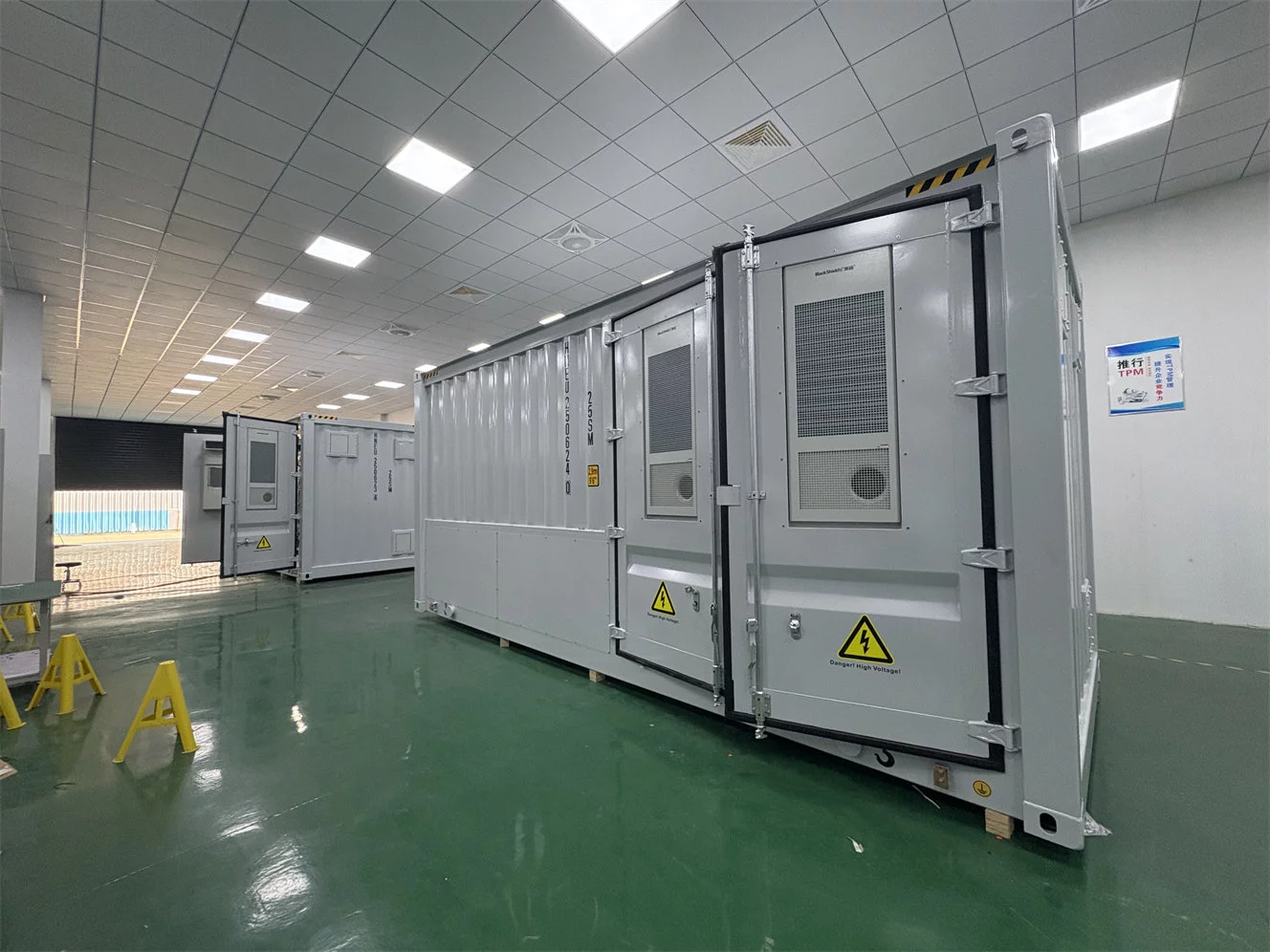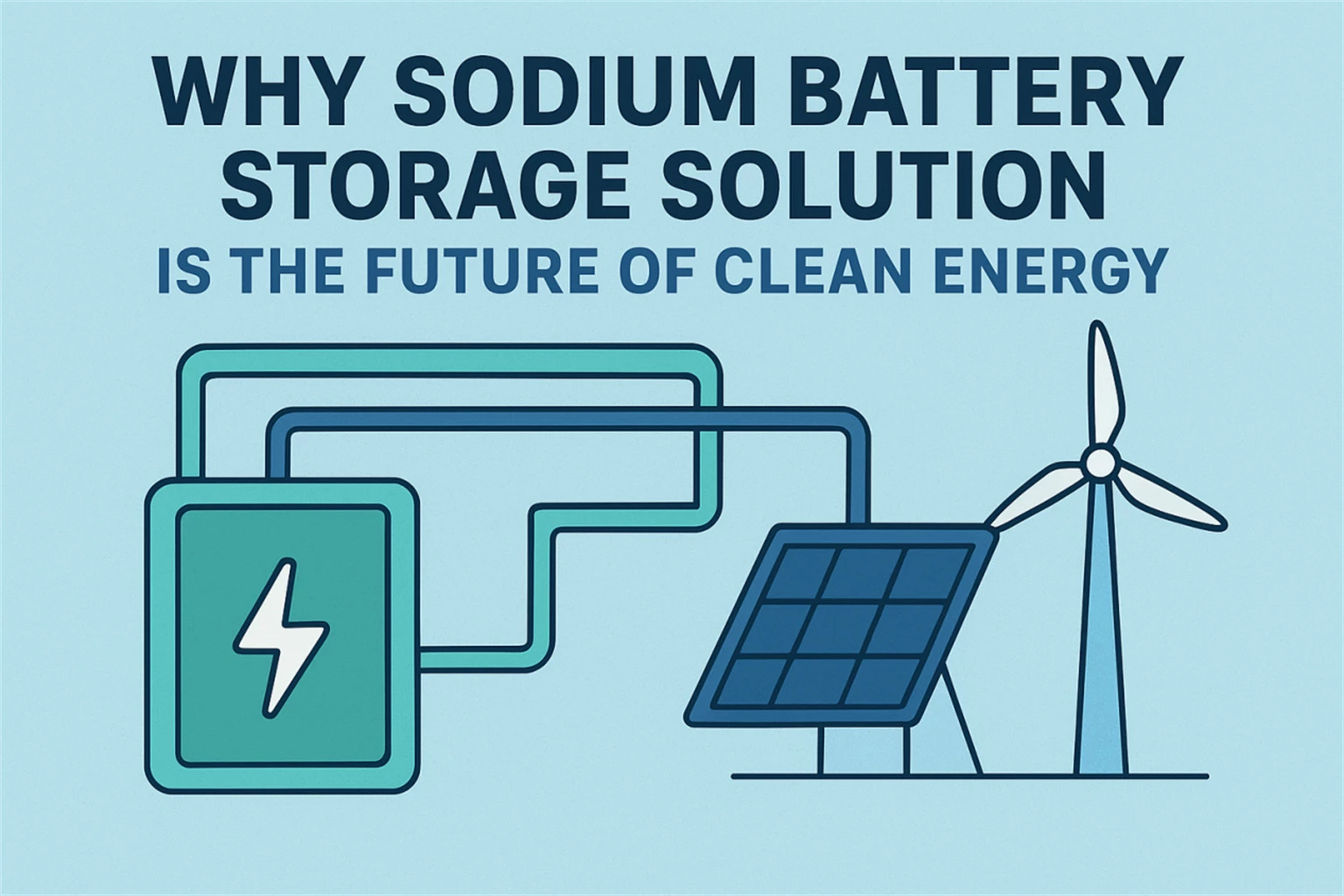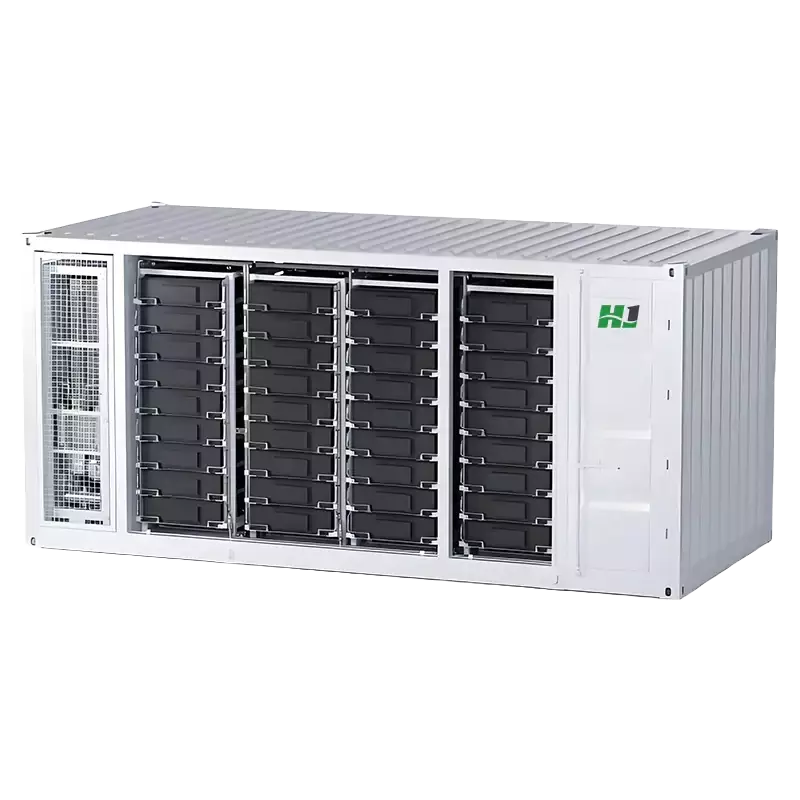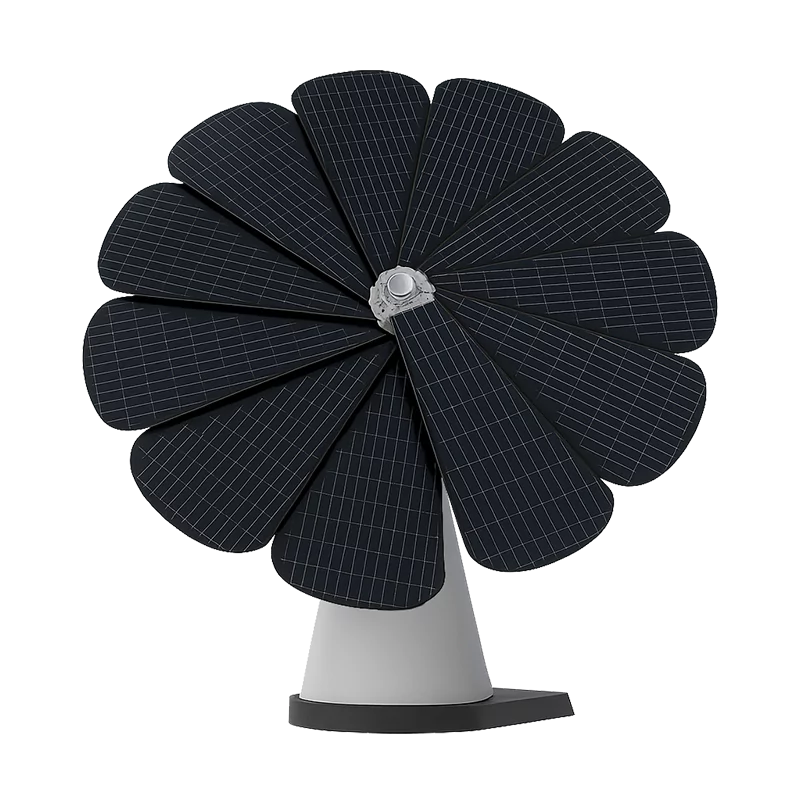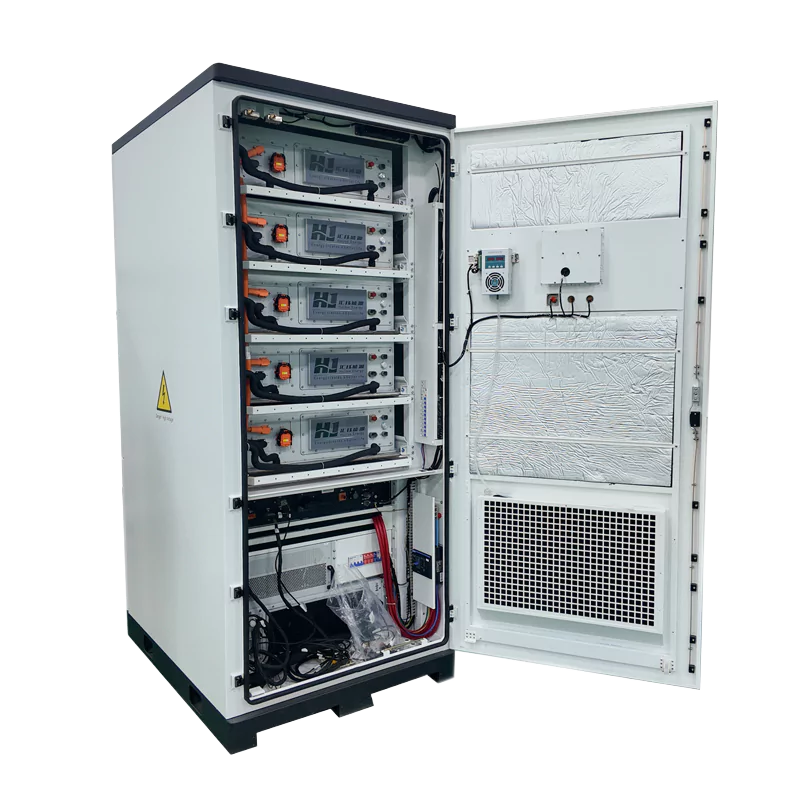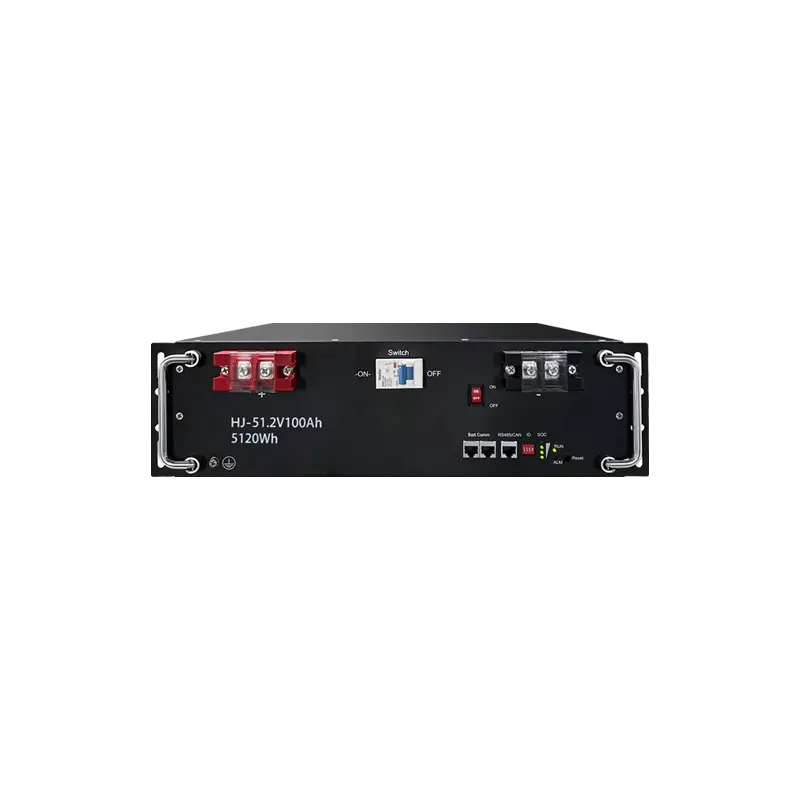IP21 Hybrid Inverter: The Optimal Indoor Choice for Solar Systems
As solar energy technology continues to evolve, selecting the right inverter for specific environments becomes increasingly important. While outdoor-rated IP65 hybrid inverters are designed for harsh conditions, many solar installations actually perform better with IP21 hybrid inverters. These units offer the perfect balance of advanced functionality and tailored protection for controlled indoor spaces, often at a more attractive price point.
Did you know? Around 65% of residential solar systems in moderate climates opt for indoor spaces such as garages or utility rooms for inverter placement. This makes the IP21 hybrid inverter not just an alternative but frequently the smarter choice for both system designers and homeowners.
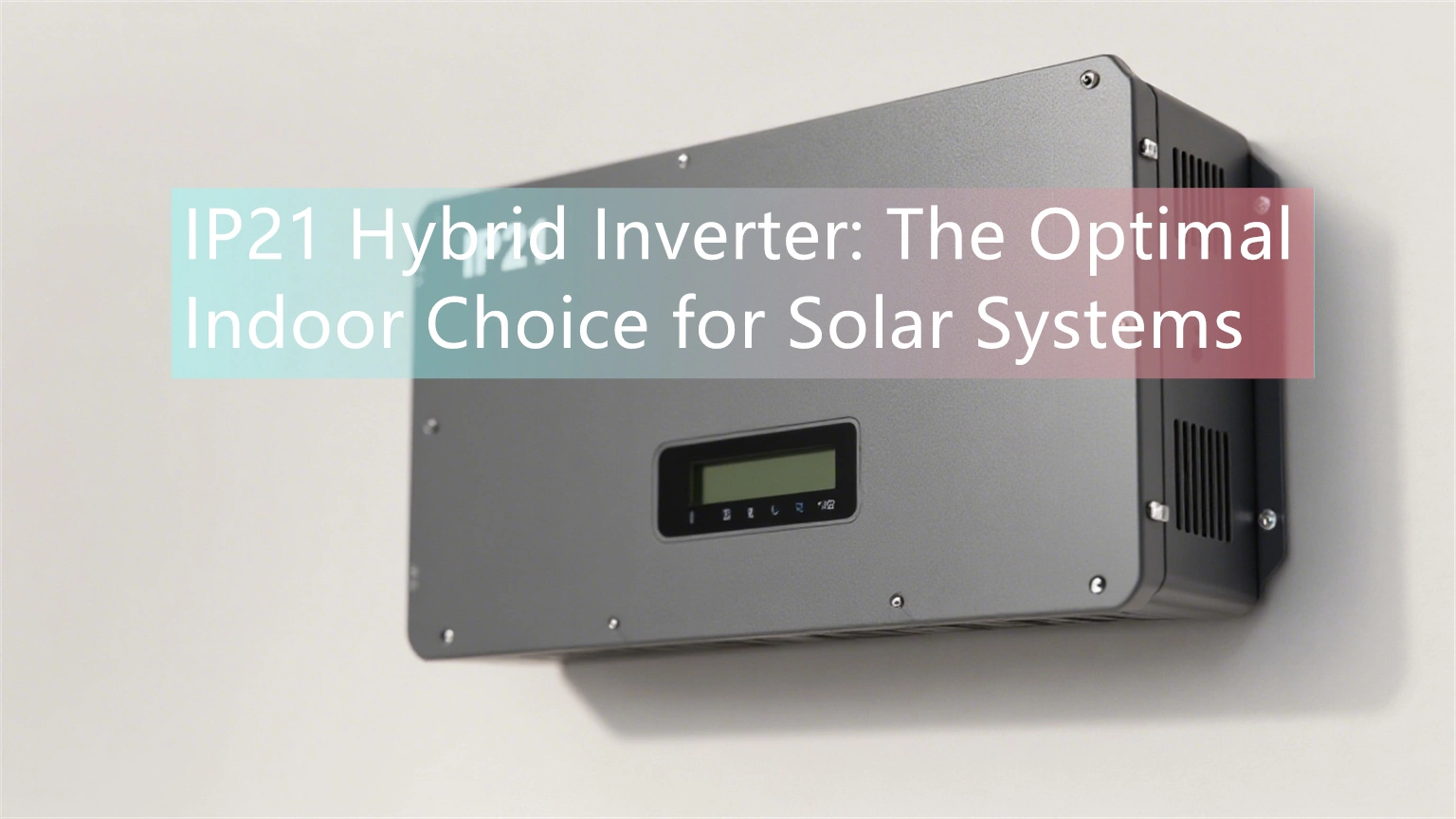
Understanding IP21 Protection: What It Really Means
The IP (Ingress Protection) rating, defined by the international standard IEC 60529, measures the level of protection an electrical enclosure provides against solid objects and liquids. For IP21 hybrid inverters, this protection rating carries specific implications:
- 2 means protection against solid objects larger than 12.5 millimeters—enough to prevent accidental contact with live components by fingers or similarly sized objects.
- 1 means protection against vertically falling water droplets (e.g., condensation or light drips).
In essence, IP21 hybrid inverters are built for environments where they won’t face direct weather exposure but are protected from everyday indoor elements like dust and minor water exposure.
“Many installers default to outdoor-rated inverters without considering that indoor installations often represent the more efficient and cost-effective solution.”
Technical Advantages: Why IP21 Often Outperforms in Indoor Settings
IP21 hybrid inverters are engineered for indoor spaces, and their design reflects several key advantages:
- Superior Thermal Management
IP21 inverters typically feature better cooling systems than their sealed outdoor counterparts. With larger ventilation openings and strategically placed fans, these inverters effectively dissipate heat, leading to better efficiency and longer lifespan. According to a SolarTech Institute study, well-ventilated IP21 units can maintain operating temperatures 15-20% lower than similar sealed units under the same load conditions. - Cost Efficiency Without Compromise
By eliminating the need for extensive weatherproofing, manufacturers can optimize IP21 designs for indoor use, often resulting in cost savings of 20-30% compared to IP65 models. This allows you to enjoy the same core functionality and performance specifications at a lower price. - Reduced Physical Footprint
Without the need for complex sealing, IP21 units can be more compact, which is a big win for homeowners looking to save space. In fact, IP21 inverters typically require 30% less wall space than their outdoor-rated counterparts.
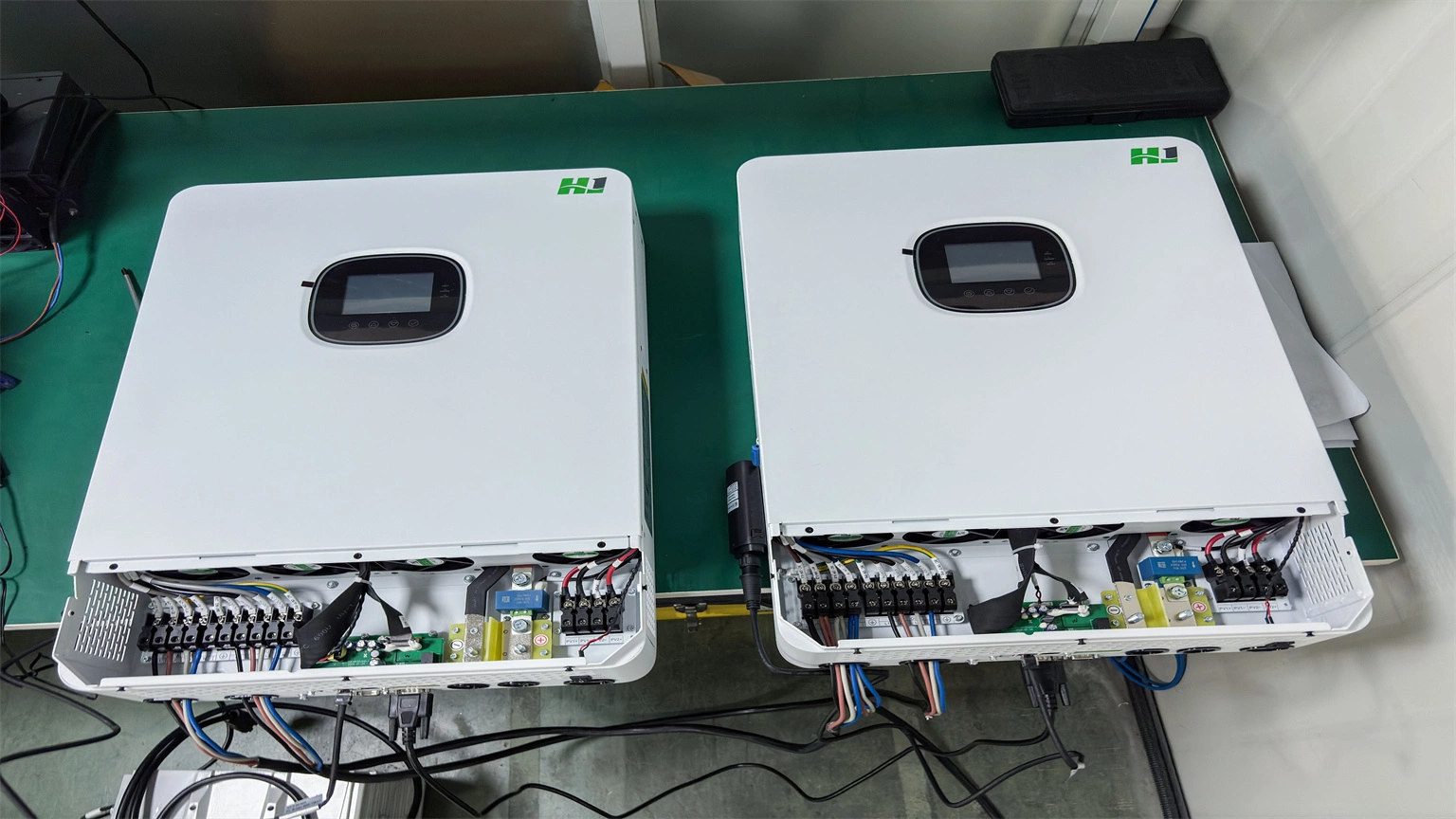
Real-World Applications: Where IP21 Hybrid Inverters Excel
- Residential Garage Installations
In suburban homes, garage walls are often the perfect place to install solar inverters. The IP21 hybrid inverter is designed for such protected environments, ensuring reliable performance without exposure to the elements. The 2023 National Solar Installation Survey found that 72% of residential systems in moderate climates use indoor spaces for inverter placement. - Commercial Electrical Rooms
Many office buildings and commercial facilities have dedicated electrical rooms that provide ideal conditions for IP21 inverters. These spaces are temperature-controlled, shielded from weather, and easily accessible for maintenance. For example, the Johnson Building in Chicago installed twelve IP21 inverters in its basement electrical room, saving about \$15,000 compared to outdoor-rated units. - Agricultural Applications
In agricultural facilities, control rooms or equipment areas that are protected from dust and moisture can also benefit from IP21 inverters. Midwest food processing plants have deployed IP21 inverters in such spaces, enjoying both cost savings and reliable performance.
Case Study: Munich Office Building Retrofit
In 2023, SoftTech Solutions GmbH retrofitted their Munich headquarters with a solar-plus-storage system. They needed inverters that could seamlessly integrate with both their new solar array and existing electrical infrastructure. The engineering team opted for multiple 5kW IP21 hybrid inverters, installed in the building’s basement electrical room.
This choice delivered several measurable benefits:
- Cost Reduction: The IP21 solution saved approximately €8,000 compared to outdoor-rated models.
- Improved Efficiency: Thanks to superior cooling capabilities, the system maintained conversion efficiency above 98% during peak operation.
- Simplified Maintenance: The easily accessible inverters did not require weather protection, simplifying maintenance.
“We’ve achieved 98.2% operational efficiency since installation. The inverters’ thermal performance in our controlled environment has exceeded expectations.”
The system has run smoothly for over 18 months, consistently meeting the building’s energy demands while providing valuable grid services during peak times.
Technical Comparison: IP21 vs. IP65 Hybrid Inverters
Understanding the differences between IP21 and IP65 protection ratings can help you make a more informed decision:
- Installation Requirements
IP21 units require protected indoor spaces but offer more flexibility for ventilation and mounting.
IP65 inverters can be mounted outdoors but require specific clearances, making installations more complex. - Performance Characteristics
In the right environment, IP21 inverters often perform more efficiently due to better thermal management. Industry tests show that IP21 units can be 1-2% more efficient than sealed IP65 models under the same load. - Economic Considerations
IP21 units are typically 20-30% cheaper than their IP65 counterparts, which can make a big difference in large installations. Those savings can be used for additional components like battery storage or more panels.
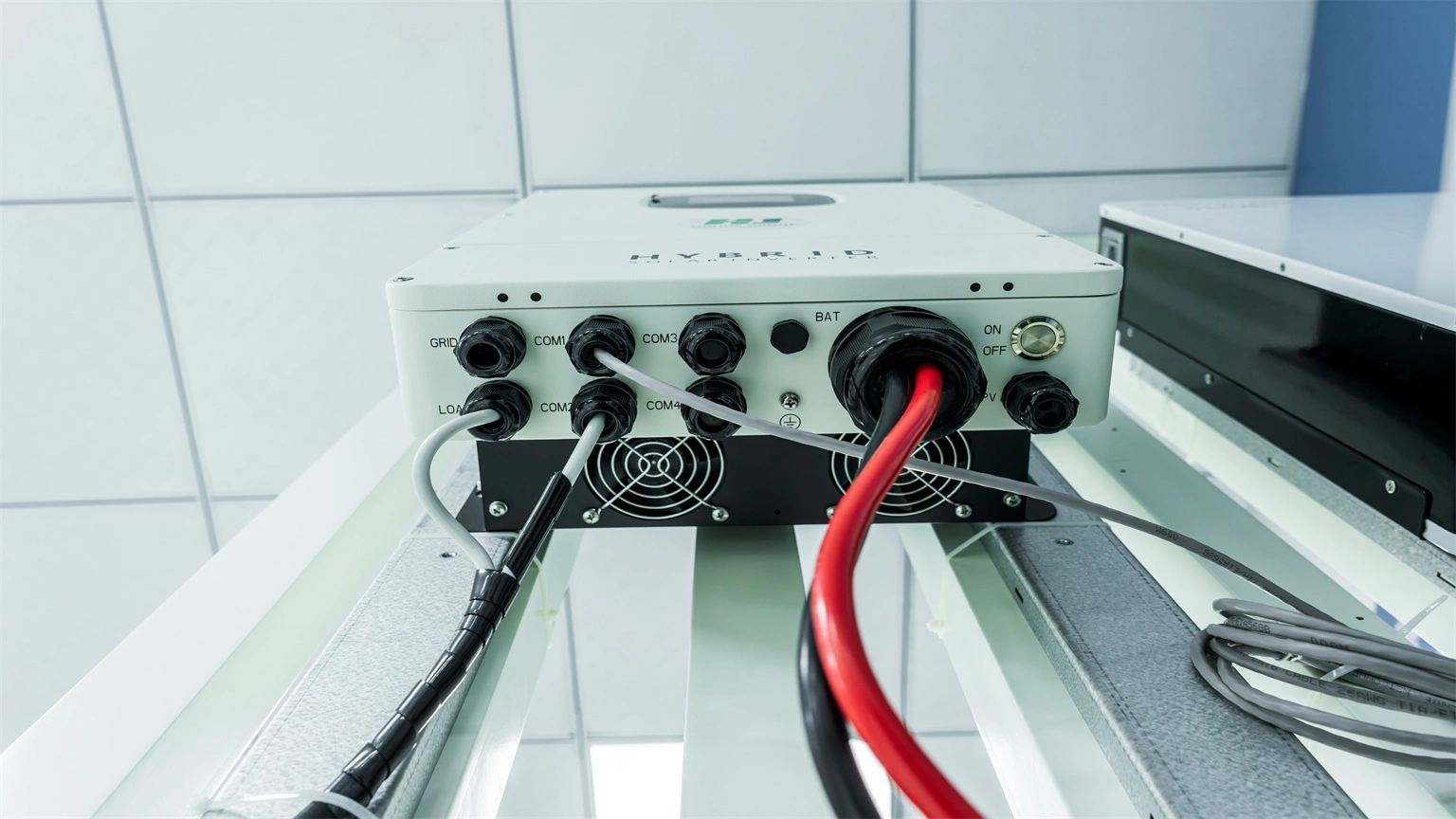
Installation Best Practices
- Ventilation Requirements
Ensure that the inverter is installed with adequate clearance, usually 15-30cm around ventilation openings. This ensures optimal airflow for cooling. - Environmental Conditions
Ideal ambient temperatures for IP21 inverters range from 0-40°C (32-104°F) with humidity below 85% non-condensing. Regular monitoring helps maintain optimal performance. - Maintenance Protocols
Routine maintenance should include checking the ventilation openings, ensuring proper airflow, and verifying that cooling fans are working. Most manufacturers recommend quarterly visual inspections and annual professional maintenance.
Industry Trends and Future Outlook
Recent market trends indicate growing demand for IP21 hybrid inverters in various sectors. Residential and commercial solar installations alike are increasingly adopting indoor setups, and IP21 models are becoming the go-to choice for these applications. Additionally, technological advancements are enhancing IP21 units with features such as:
- Advanced thermal management systems with smart fan control
- Quiet operation modes ideal for residential use
- Enhanced monitoring through IoT platforms
- Advanced grid functionality for utility integration
Conclusion: Making the Right Choice
The IP21 hybrid inverter provides a cost-effective and reliable solution for indoor solar installations. With superior thermal management, cost savings, and ease of installation, it offers excellent performance for residential and small commercial projects.
When choosing inverters, consider your installation environment carefully. For most indoor settings, IP21 hybrid inverters provide the perfect balance of protection, efficiency, and value without compromising performance.
Frequently Asked Questions (FAQ)
What are the main limitations of IP21 hybrid inverters?
IP21 inverters cannot be used in areas exposed to weather. They must be installed in protected indoor spaces, such as garages or utility rooms. They are also not suitable for dusty or highly humid environments without additional controls.
How does the efficiency of IP21 inverters compare to higher-rated models?
In indoor environments, IP21 inverters often outperform higher-rated models by 1-2% due to their superior thermal management and better cooling.
Can IP21 inverters be used in commercial applications?
Absolutely. Many commercial and industrial facilities use IP21 inverters in protected electrical rooms, enjoying the cost savings and reliable performance that these units offer.
What maintenance do IP21 inverters require?
Maintenance typically involves ensuring that ventilation openings are clear, verifying airflow, and monitoring operating temperatures. Quarterly inspections and annual professional maintenance are recommended.
Are there specific safety considerations for IP21 installations?
Standard electrical safety practices apply. Installations should ensure that the units are mounted in safe, accessible locations, and signage and access controls should be in place for commercial setups.
Find Your Solar + Battery Storage Specialist Now!
* Fill out this form and our experts will help you find the perfect solar storage solution for your home or business.


